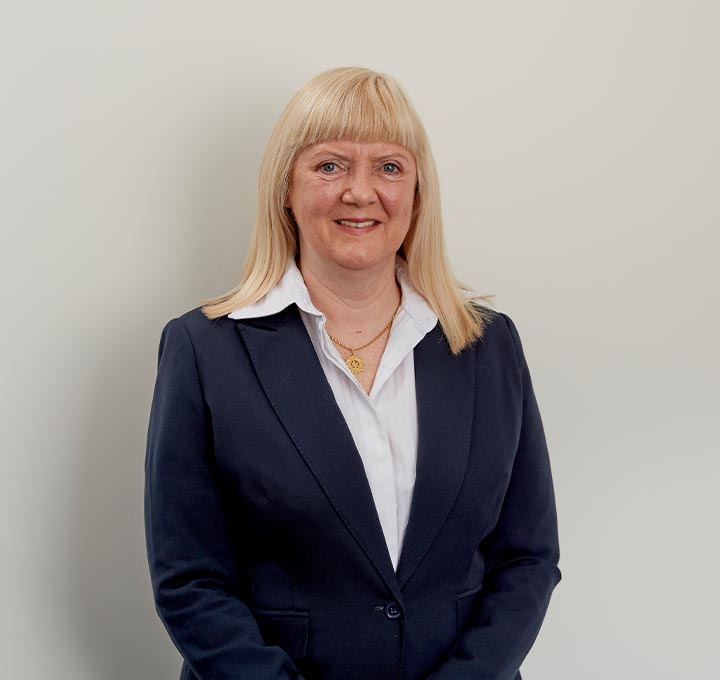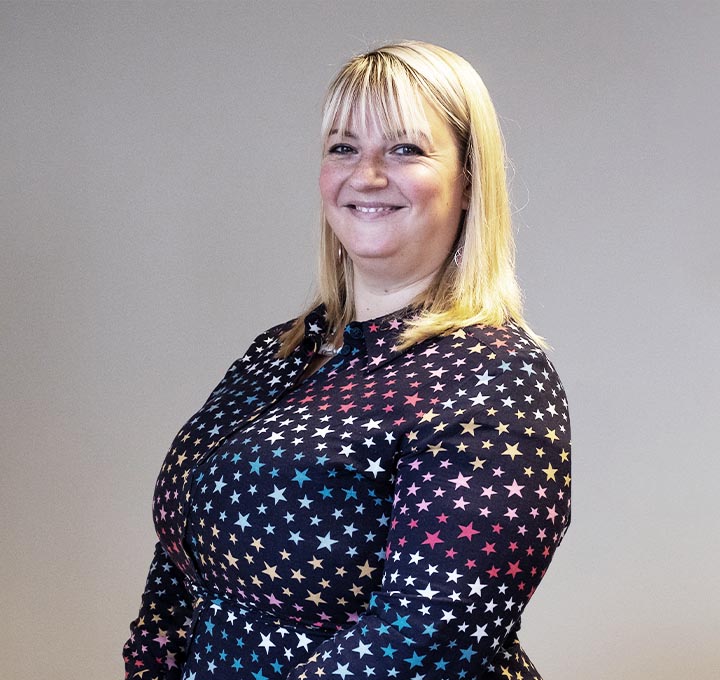Divorce Financial Settlement Solicitors
Richard Nelson LLP has a team of financial settlement solicitors who are experienced in helping clients to reach the right financial settlement for their divorce. There are many different routes to a financial order, many of which will allow you to avoid taking the matter to court. Our family solicitors will advise you on the options that are best suited to your situation and can provide any of the legal services that are required by different routes to a financial settlement.

How our financial settlement solicitors can help
A financial settlement is a legally binding decision on how you and your partner will divide your wealth and assets upon the end of your marriage or civil partnership. This can include:
- Property
- Savings
- Shares
- Pensions
- Assets held abroad
- Liabilities for debts
- Child custody including maintenance and school fees etc.
With so many factors to consider, it is important you have the best legal expertise on your side. Our experienced family and divorce solicitors offer a compassionate and tailored service to ensure you are supported every step of the way and achieve the best possible outcome.
Contact UsRoutes to a financial settlement
When the parties try to reach an agreement on finances there are different routes that can be attempted that do not necessarily involve going to court. There is no right or wrong way and our financial settlement lawyers will guide you on the best option based on:
- How you and your partner are able to communicate;
- How eager the parties are to settle;
- The assets in the matter;
- The costs of the route selected and whether this will outweigh the benefits to be achieved;
- The level of knowledge each party have of each other’s financial position;
- Whether the parties have pre-determined ideas of how-to best settle;
- Whether children are involved;
- If there is any urgency required.
It is worth noting that even if you and your partner are able to agree a financial settlement outside of court, other issues such as child arrangements may need to be taken before a judge.
Our financial settlement solicitors are able to help you reach a settlement whichever route to an order that you choose and can support with any of the following:
- Formalise a financial order from a Memorandum of Agreement.
- Prepare a financial order after Voluntary Disclosure.
- Assist in a Collaborative Law process.
- Advise and assist you in court proceedings.
Mediation
Mediation is strongly encouraged by the courts. This is a process whereby the parties instruct an independent party known as a mediator to assist in reaching a financial agreement.
During mediation, both parties will have to provide financial disclosure of their respective financial position and the matter is addressed over a couple of meetings.
Mediation can take place with both parties in the same room or in separate rooms.
If mediation is successful then a Memorandum of Agreement is drawn up which is then presented to a solicitor to formalise into a financial order. Richard Nelson LLP’s financial settlement lawyers are able to provide this service should it be required.
Voluntary disclosure
This process requires the involvement of solicitors.
Both parties complete the same financial form, known as Form E, which is used in court proceedings to provide financial disclosure of their positions. Upon mutual exchange of the information the parties can investigate each other’s financial positions and once satisfied the parties can then make settlement proposals to each other.
If a proposal is accepted then the financial order will be prepared.
Collaborative law
Under this process, each party selects a lawyer trained in collaborative law and meetings take place to reach a financial settlement. Both parties will sign up to the process and this process encourages parties to be fair and open with each other. The meetings take place face to face.
If the process does not work then both parties will need to instruct new lawyers. Our divorce solicitors can help if you are attempting collaborative law for the first time or if you need to instruct a new lawyer.
Arbitration
If the parties choose arbitration, they jointly instruct an independent Arbitrator who they will agree will be able to make a binding decision in their financial settlement. However, the decision will not be binding on the court. If Arbitration is successful then a financial order will be prepared and endorsed by the Court. The Arbitrator will have an independent fee.
This process is private and often has a quicker timetable than court proceedings.
Obtaining a Financial Settlement in Court
Once the divorce has been filed, either party can make an application to the court to determine a financial settlement. You do not have to be the person who filed for the divorce to make the financial application. To be in a position to commence financial proceedings:
- You must have an application in the court for a divorce or dissolution
- You must have attempted mediation unless you have a reason to be exempt.
The court process has three hearings:
- The First Appointment Hearing
- The Financial Dispute Resolution Hearing (known as the FDR)
- The Final Hearing
The matter can be settled by the parties at any point if they are able to negotiate an agreement. However, if they are unable to reach a settlement then at the final hearing the Judge will determine the settlement.
In court proceedings, the judge has the power to make a costs order against any party. Richard Nelson LLP’s solicitors can advise you and ensure that you are properly prepared for your hearings.

Find a divorce financial settlement solicitor near you
Richard Nelson LLP’s divorce solicitors are happy to work with you wherever you’re based in the country, but we appreciate that many people like to have a more local solicitor for sensitive cases like financial settlements. See below to find out where our family solicitors are based and choose the one who is in the most convenient location for you.
Specialist solicitors
Our multidisciplinary team is made up of specialists in a wide range of services, which means you'll always be represented by an expert in your area.
No-strings initial call
Get in touch to arrange a no-obligation, fully confidential call to discuss your case and work out if you want to continue.
Nationwide support
Speak to solicitors in one of our offices throughout England and Wales, or arrange calls and remote meetings.
97%
rated on 
Proudly proving excellence
Contact our legal advice specialists today.
Speak to our divorce financial settlement solicitors
Use the form on the right to get in touch with our family law team and arrange an initial call to discuss your situation. We will use this no-obligation, fully confidential initial call to learn more about your case and help you understand your options going forward.
"*" indicates required fields












